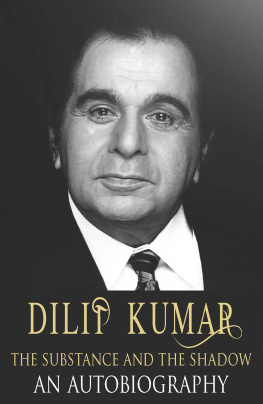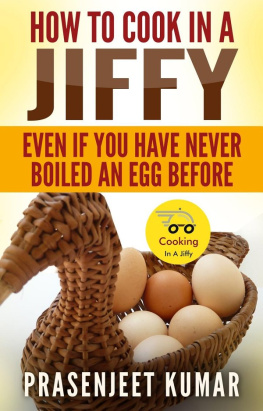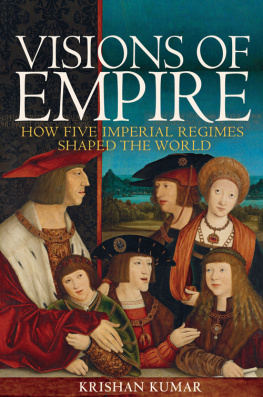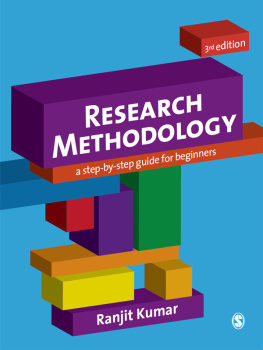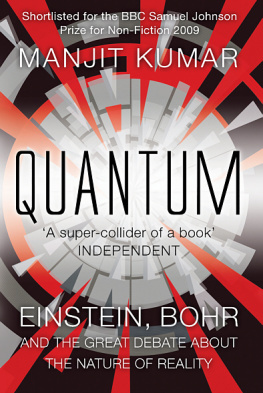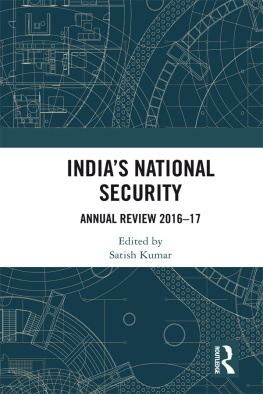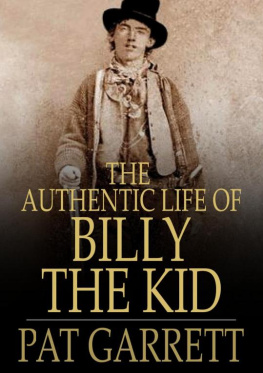
No book on Hindi cinema has ever been as keenly anticipated as this one . With many a delightful nugget, The Substance and the Shadow presents a wide-ranging narrative across of plenty of ground is a gold mine of information.
Saibal Chatterjee, Tehelka
The voice that comes through in this intriguingly titled autobiography is measured, evidently calibrated and impossibly calm
Madhu Jain, India Today
Candid and politically correct in equal measure
Mint, New Delhi
An outstanding book on Dilip and his films
Free Press Journal, Mumbai

Hay House Publishers (India) Pvt. Ltd.
Muskaan Complex, Plot No.3, B-2 Vasant Kunj, New Delhi-110 070, India
Hay House Inc., PO Box 5100, Carlsbad, CA 92018-5100, USA
Hay House UK, Ltd., Astley House, 33 Notting Hill Gate, London W11 3JQ, UK
Hay House Australia Pty Ltd., 18/36 Ralph St., Alexandria NSW 2015, Australia
Hay House SA (Pty) Ltd., PO Box 990, Witkoppen 2068, South Africa
Hay House Publishing, Ltd., 17/F, One Hysan Ave., Causeway Bay, Hong Kong
Raincoast, 9050 Shaughnessy St., Vancouver, BC V6P 6E5, Canada
Email: contact@hayhouse.co.in
www.hayhouse.co.in
Copyright Dilip Kumar 2014
First reprint 2014
Second reprint 2014
The moral right of the author has been asserted.
The views and opinions expressed in this book are the authors own and the facts are as reported by him, which have been verified to the extent possible, and the publishers are not in any way liable for the same.
All photographs used are from the authors personal collection.
All rights reserved. No part of this book may be reproduced by any mechanical, photographic, or electronic process, or in the form of a phonographic recording; nor may it be stored in a retrieval system, transmitted or otherwise be copied for public or private use other than for fair use as brief quotations embodied in articles and reviews, without prior written permission of the publisher.
ISBN 978-93-81398-86-9 in print
ISBN 978-9-38139-896-8 in ebook formats
To
Amma and Aghaji
Sukoon-e-dil ke liye kuch to ehtemaam karoon
Zara nazar jo miley phir unhein salaam karoon
Mujhe to hosh nahin aap mashwara dijiyey
Kahan se chedoon fasana kahan tamaam karoon


IT IS WITH FEELINGS OF EXCITEMENT AND JOY THAT I PEN THIS foreword to my husbands autobiography, narrated by him, after years of persuasion by me, to my close friend Udayatara Nayar. It has always been an arduous task to prevail upon him to talk about himself, his life and his achievements. I understand it is neither proper nor right for me to extol the virtues of the book you are holding in your hands although I am tempted to do so, the primary reason being my widely known admiration for my husband and the ardent pride with which I have always hung on to every word he has uttered to me or to anyone in my presence over the decades we have spent together as a couple. Such is the magic of his command over words and language, be it English or Urdu, and I have no doubt I am not alone when I say this.

When a shy 22-year-old son of a Pathan fruit merchant was selected by the diva of Indian cinema, Devika Rani, to star in her Bombay Talkies production Jwar Bhata (released in 1944), it led to a small change of name for the young man. Yousuf Khan became Dilip Kumar.
It was the beginning of the arrival of a new legend in Indian cinema and Hindi cinemas first definitive actor was born. Dilip Kumar almost single-handedly redefined histrionics in one screen portrayal after another from Shaheed (1948), Andaz (1949), Devdas (1955), Naya Daur (1957), Gunga Jumna (1961) to Azaad (1955), Kohinoor (1960) and Mughal-e-Azam (1960) and from Ram Aur Shyam (1967), Gopi (1970), Kranti (1981) to Shakti (1982), Mashaal (1984) and Saudagar (1991). Dilip Sahab has, in his illustrious career, refined acting to an art form of exalted brilliance. Down the decades every actor of calibre has held him in high respect as the reference point in acting. He went to no school of acting but created his own method of emoting long before method acting came to be known in India or abroad.

From the wolf-whistling frontbencher to the most serious critic of cinema, Dilip Sahabs varied range of histrionics has aroused spontaneous admiration while he has been considered the epitome of fine acting for generations of actors who looked up to him for inspiration. His understated elegance and, Mashallah, voice modulation have become role models for all of us actors over the years.
Few among his countless followers know that Dilip Sahab has always been a voracious reader. Whether it is novels, plays or biographies, his love of classic literature has been foremost. The classics of Urdu, Persian and English literature adorn the bookshelves of our home. When hes done with the library bookshelves, we have to be ready to offer him a pick of the thousands of books tucked away carefully in our huge store rooms. Down the years and all through the lifetime I have spent with him, the reading lamp that burns bright by his armchair has shone through the dark hours of the night to the wee hours of the early morning. Be it at home in Mumbai, or a remote daak bungalow in Dachigam in Jammu and Kashmir, where it would be no surprise to find a hairy bear from the wilderness snoozing on our verandah, or in Kulu-Manali (in Himachal Pradesh), in Switzerland or in any part of the world, when he reads, he is like a child engrossed in his favourite game, unwilling to put it away until time and again I plead with him to rest. If not the biographies or classics or master plot plays by great writers such as Eugene ONeill, Joseph Conrad, Fyodor Dostoyevsky and Tennessee Williams, he is sure to be engrossed in the writing of a script or a scene that waits to be picturized the next day morning.

Reading a script.

He took up one film at a time and that was his absolute commitment and focus. I remember once he was writing and discussing scenes with producer-director Subhash Ghai in the freezing cold weather of Kulu till very late into the night during the outdoor shooting of Saudagar and, after he sent Subhash away to rest in his room, he continued to examine the scene passionately. At about 4:30 a.m. Dilip Sahab had a bright idea and he did not hesitate to wake up Subhash from his slumber to exchange this new brainwave! Then both of them were like busy bees working on the scenes until they were happy with what they finalized and, mind you, they diligently started the morning outdoor schedule bang on time!
With the completion of his autobiography my happiness is as though a dream has come true. The first section of this volume, set against varying backdrops, will make you part of his journey from the rugged mountain-hemmed North West Frontier Province in British India to hilly Deolali in Nasik district of Maharashtra to glamorous Bombay to traditional Madras to sophisticated London. The poignant as well the mirthful experiences he narrates will give you an insight into the making of the legend called Dilip Kumar who, as the title symbolizes, is the shadow while the substance is a simple, child-like, trusting and genial man called Yousuf Khan.
Next page
